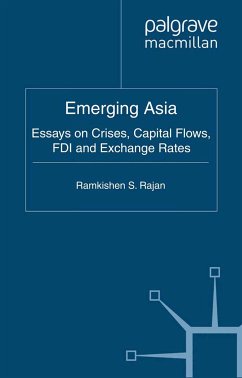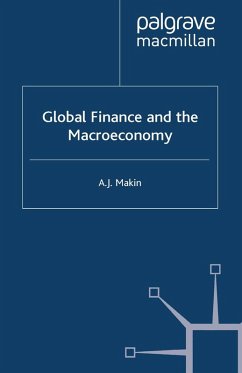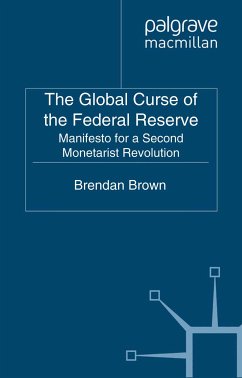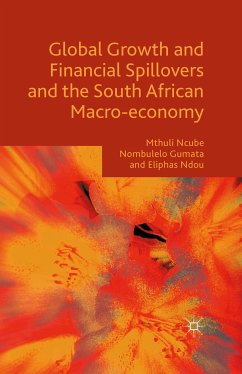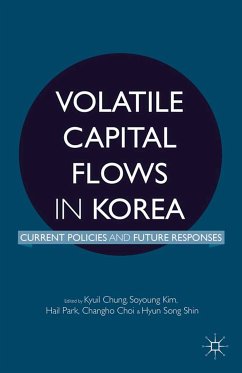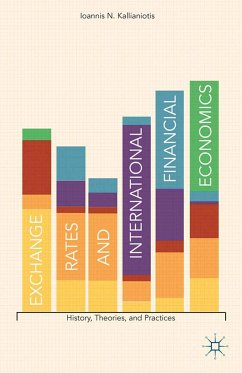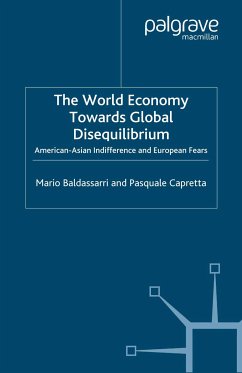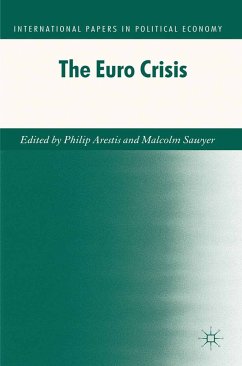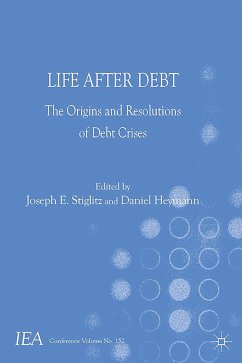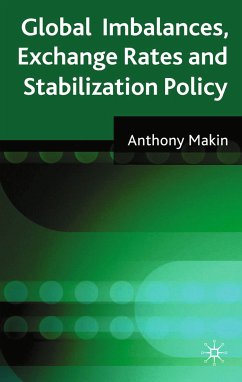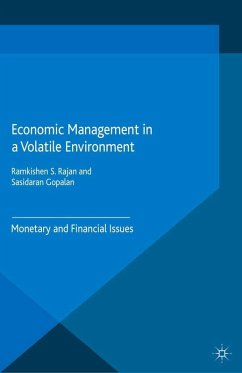
Economic Management in a Volatile Environment (eBook, PDF)
Monetary and Financial Issues
Versandkostenfrei!
Sofort per Download lieferbar
40,95 €
inkl. MwSt.
Weitere Ausgaben:

PAYBACK Punkte
20 °P sammeln!
This book discusses some of the challenges relating to macroeconomic and financial management in a volatile and uncertain world brought about by greater financial openness. It explores the implications of a key set of issues emanating from financial globalisation on emerging market economies in a rigorous but readable manner.
Dieser Download kann aus rechtlichen Gründen nur mit Rechnungsadresse in A, B, BG, CY, CZ, D, DK, EW, E, FIN, F, GR, HR, H, IRL, I, LT, L, LR, M, NL, PL, P, R, S, SLO, SK ausgeliefert werden.



